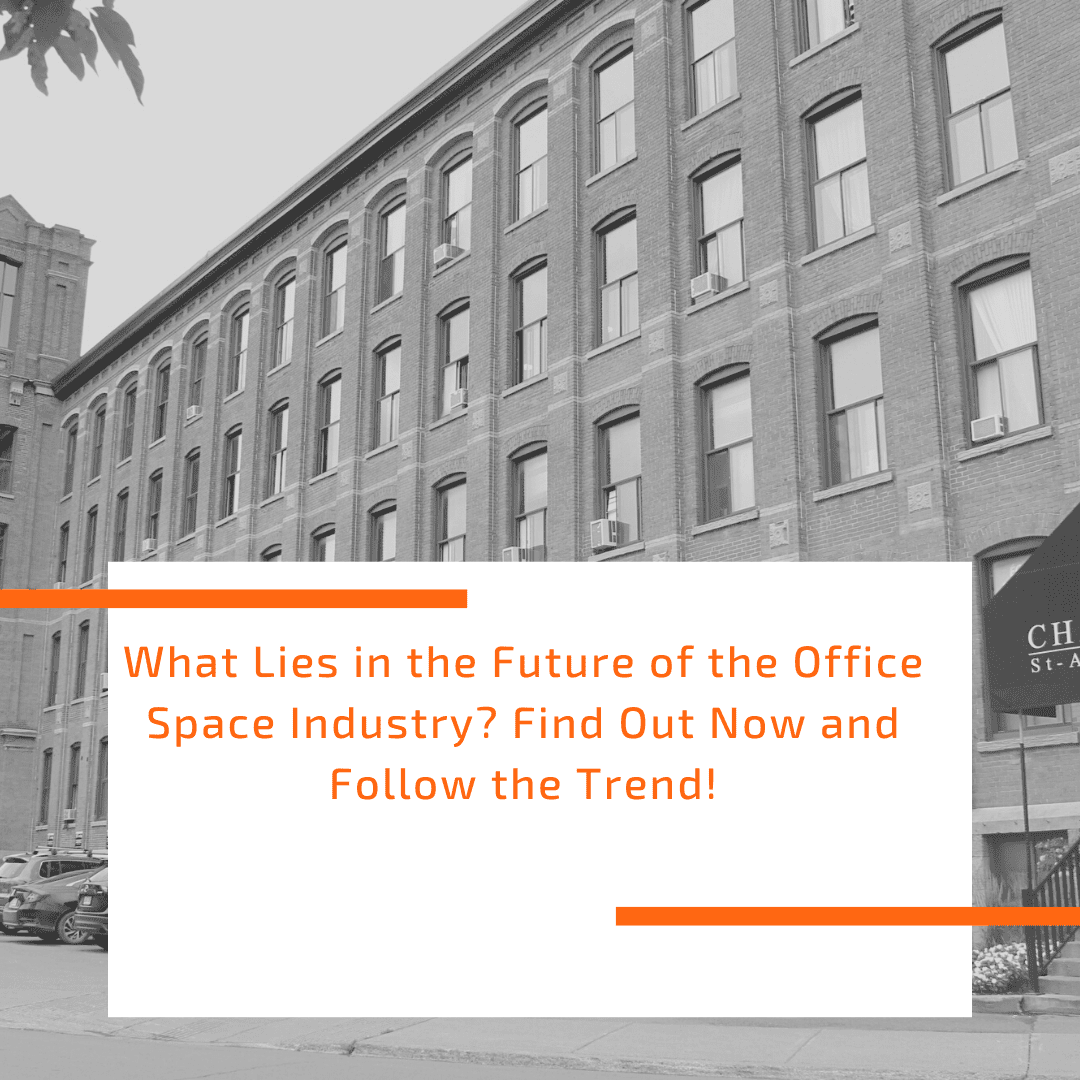
THE POST-PANDEMIC OFFICE SPACE
Now that we are on the verge of an almost total lifting of the lockdown in Quebec, everything leads us to believe that those who have had to telework for several months will eventually return to the office, perhaps even full time. Just like before, or almost. But that doesn’t seem to be the case.
As companies have quickly adapted to telework, employees have adopted new habits and behaviors that will continue in the post-pandemic world.
GOOGLE COVID-19 COMMUNITY MOBILITY REPORT
In the latest Google COVID-19 Community Mobility Report for Quebec, dated June 18, 2021, a graph shows that Quebecers have been going to the office less and less since the pandemic hit. To date, while sanitary measures are being relaxed, the trend seems to be holding.
DELOITTE DIGITAL STUDY
In a recent study, Deloitte Digital surveyed people in various positions across a wide range of industries to find out how their behaviors have changed at work and how these changes will affect the organization of offices.
The resulting report describes a few major behavioral changes attributable to the significant impact of COVID-19 on workplaces:
- Work relationships will no longer depend on personal interactions. Although we are currently limited to virtual connections, we build stronger bonds with our colleagues by showing ourselves in an authentic light and sharing slices of life.
- We’ll manage to separate personal and professional life without relying on the traditional workspace. The transition from home to work is much more fluid.
- Physical offices are great for bringing teams together for team meetings, social events, and opportunities for mentoring and professional growth, something we can’t do on a Zoom call, but otherwise, the day-to-day work can be done easily remotely.
ROBERT HALF RECRUITMENT AGENCY
In Canada, two out of three employees (64%) who used to work at the office found themselves more productive by working from home, according to a survey conducted by the recruitment firm Robert Half. In fact, in the eyes of 75% of them, this gain in productivity is primarily due to the fact that they can split their work time, i.e., the fact that they were then able to work intensively during certain hours, stop to take personal time and resume at the time they want. This makes sense, as not everyone’s optimal working hours are the same, which is why it is important to balance work demands with personal commitments on one’s own schedule.
THE VERDICT
With this data from Google, Deloitte Digital, and Robert Half, we can conclude that many employees are enjoying teleworking. Perhaps a small revolution in the workplace is taking place…
Those who were used to the office have discovered that another work-life is possible, and even that it brings benefits to everyone: happier employees are more productive. It’s clearly a win-win situation for both employees and employers.
SO WHAT DOES THE FUTURE HOLD FOR OFFICE SPACE?
According to a study conducted by 451 Research, an analysis unit of S&P Global, half of the organizations (47%) reported that they are preparing to reduce physical office space after the pandemic. And more than 20% of them expect a reduction of more than 25%.
Which scenario will be optimal? That’s hard to tell, but a few small signals are popping up here and there to give us some insight… The ideal scenario seems to be an open-plan workspace where everyone has a dedicated desk, even if most of the time the employee is working from home. That’s the dream of the office-bound employee.
Speaking of open space, the coworking space offered by the Nuage B business center is your solution to transition to a revolutionary post-COVID way of working. Contact us to learn more about our affiliated services and to take a tour of our workspace.

